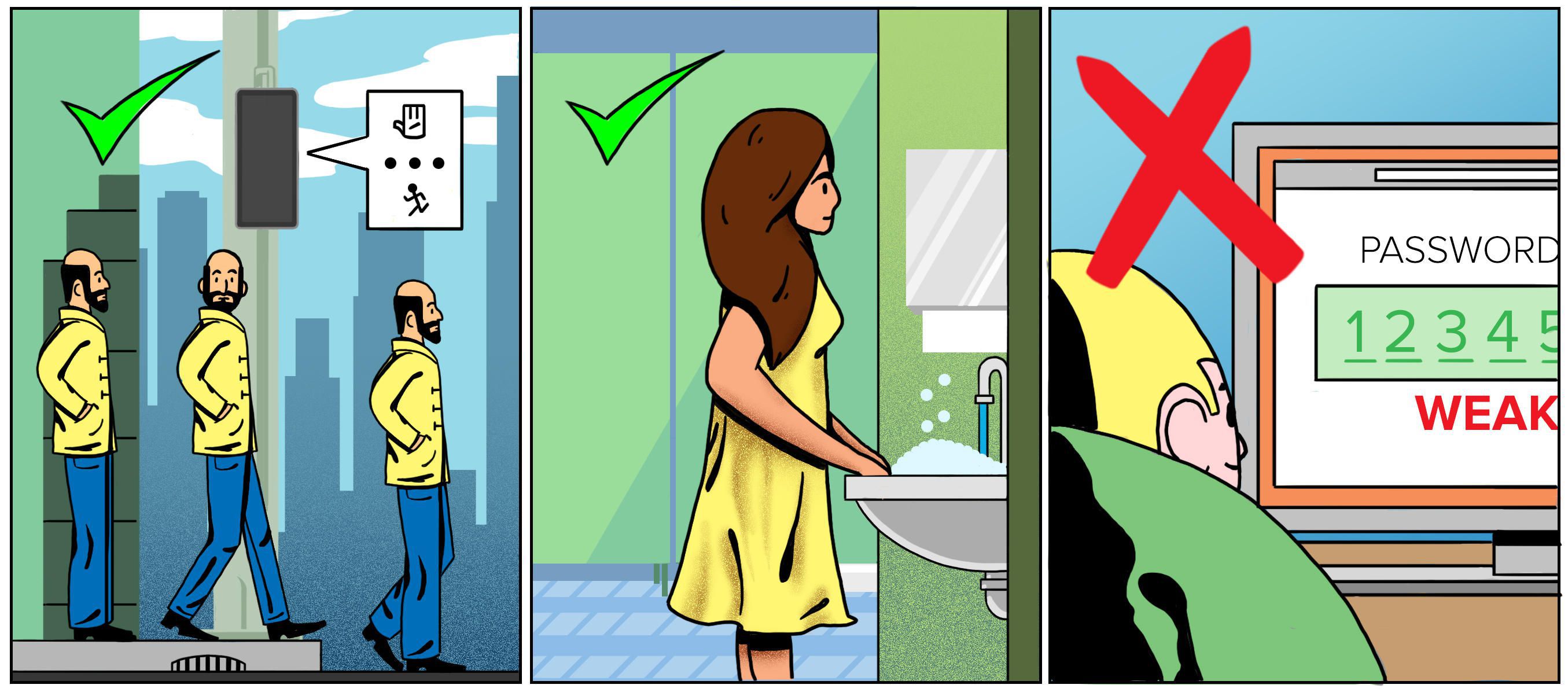Author: David Priest / Source: CNET
Look both ways before you cross the street. Wash your hands before leaving the bathroom. Put a seat belt on when you get in the car. Don’t eat the yellow snow.
These are all common sense tips for safety that people have learned, whether from parents or one really embarrassing moment in the winter. But when it comes to cybersecurity, common sense is rare.
There are still thousands of people who think “password” is a good idea for a password. In 2016, Keeper Security looked at 10 million passwords stolen in data breaches, and 1.7 million of them were “123456.”
Before you laugh at these stupid passwords — which you absolutely should — note that they underscore the fact we’re all kind of terrible when it comes to protecting our own personal data. It’s that kind of environment that opens the door to things like the massive WannaCry attack, which largely proliferated because people were reluctant to upgrade to newer, more secure software.
In March, the Pew Research Center surveyed more than 1,000 American adults on what they knew about cybersecurity. The survey asked what’s two-factor authentication, what is a virtual private network and how secure is public Wi-Fi.
On average, people only answered five out of the 13 questions correctly. Only 1 percent of respondents got every question right.
“Everyone is kind of hitting at a D level for these things,” Aaron Smith, the Pew Research Center’s associate director behind the study said. The survey is just a glimpse of what’s common sense when it comes to cybersecurity, and apparently, only 1 percent of Americans have it.
See how you fare, take it here.
Knowledge gap
For experts, this knowledge gap is becoming a serious problem. Last year alone, there were 689 million people in 21 countries hit by cybercrime, with the number of victims rising 10 percent annually for the last three years.
According to cybersecurity experts, if people developed better habits like with washing their hands, but against cyberthreats, it would drastically reduce the number of breaches, hacks and malware victims, the same way that wearing seat belts reduced the risk of fatal accidents by nearly 50 percent.
WannaCry is a cautionary tale about what…
Click here to read more















